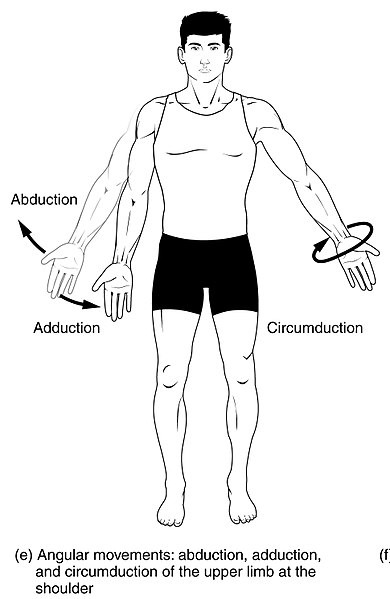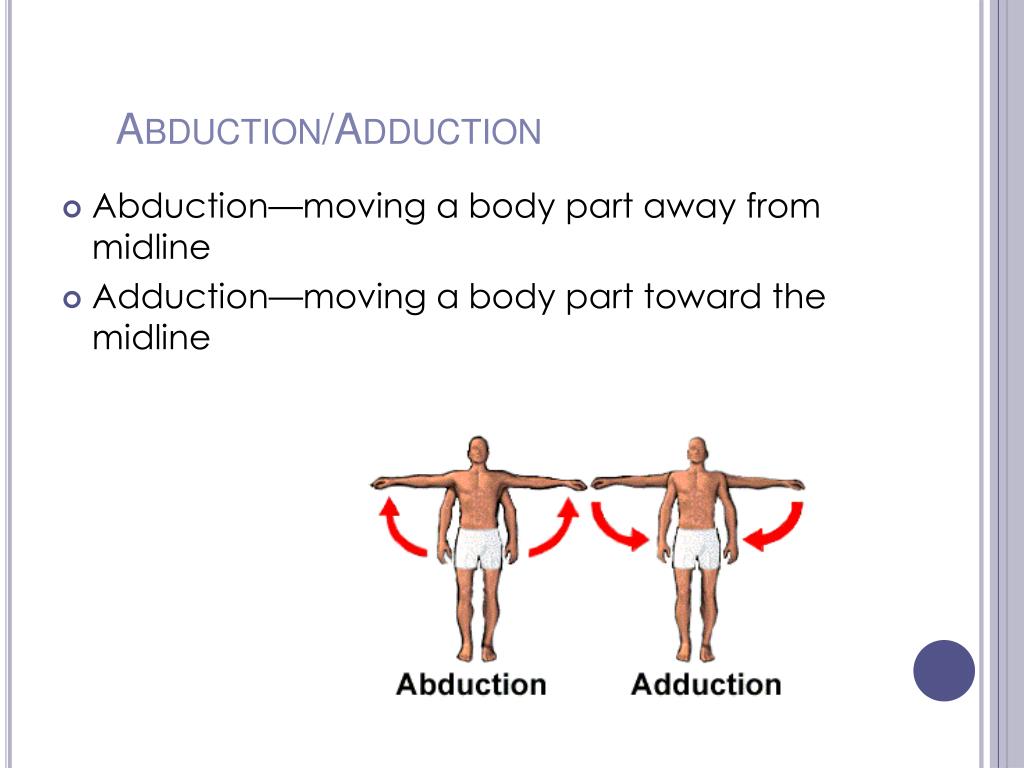
Alongside 20 other people, Nam was locked in a holding cell with leaking sewage for two days while awaiting processing. “You shouldn’t have committed a crime,” Nam recalls the corrections officer in Louisiana saying when he and others filed a grievance about inhumane conditions in the holding cell. The label of a “criminal” had some consequences for Jason Nam, as he made his way from the Pacific Northwest to LaSalle Detention Center in Louisiana. The hashtags #Fix96, #FelonsAreFamily and #Right2Return were popularized to resist the dehumanization of people with criminal records. In response, Southeast Asian immigrant-rights advocates initiated a social-media campaign, calling for a fix to the 1996 laws that permitted a widespread deportation of individuals who grew up in the United States, as well as a call for felons to be recognized as members of their families. Trump’s most recent propaganda tool is the Victims of Immigration Crime Enforcement (VOICES) program, which includes a hotline designed “to acknowledge and serve the needs of crime victims and their families who have been affected by crimes committed by individuals with a nexus to immigration.” Gang members, not a mom who’s working hard to provide for her kids.” This targeting of immigrants and refugees with criminal records would proceed with more vigor under the current administration. In 2014, then President Obama promised to deport “Felons, not families. Obama further drove a wedge between the deserving and undeserving immigrants, expanding the numbers for whom deportation would be a cruel addition to their prison sentence, ignoring the fact that individuals may have repented or changed since the time of their offense.

The 1988 immigration law paved the way for the unfettered deportation of documented immigrants and refugees in prisons and jails. People of color, specifically immigrants and refugees, became the targets of repression in response to white terror. Ironically, this set of draconian immigration laws was passed in response to the 1995 Oklahoma City bombing, where 168 lives were taken by domestic terrorists, most notably Timothy McVeigh. The 1996 Illegal Immigration Reform and Immigration Responsibility Act and the Anti-Terrorism and Effective Death Penalty Act further limited the judicial discretion of immigration judges when it comes to deciding whether documented immigrants and refugees with criminal histories should be deported. The program relies on a legal category of “ aggravated felons,” created within immigration law in 1988, and encompassing poeple with criminal histories that may not constitute felonies under criminal law. The majority of these individuals have been apprehended as part of ICE’s expanding Criminal Alien Program. There they will join more than 100 Cambodian Americans, both men and women, who await interviews with the visiting Cambodian consulate. Three of these four men will likely meet in Jena, Louisiana, this week, at the LaSalle detention center owned by the private corrections company GEO Group. That day, he was transferred to the Theo Lacy detention center in Orange County, California. He texted his cousin, Posda Tho, who had accompanied him to the check-in, that he would not be returning. Nak from Long Beach was not so fortunate. The next day, Chhon in Pensacola walked out of his check-in, heaving a huge sigh of relief, till the next time. Both men had meals with their families the night before both told their loved ones they are the ones who keep them alive.

Two Cambodian-American men in two distant cities, both out of prison for more than a decade, both fearful that this early check-in heralded their impending deportation. Across the country in Pensacola, Florida, so too did Chhon Ivy. In Long Beach, Nak Kim Chhouen had been checking in for 14 years when he received a letter telling him to check in early. A person can go to ICE check-ins for years.

Signing an order of deportation does not automatically mean one is deported there are many possible mitigating circumstances, like political instability in one’s country of origin. ICE check-ins are routine meetings between someone who has signed an order of deportation-a legal document stating that the United States can deport them-with his or her deportation officer. Like a surprise letter from Immigration and Customs Enforcement (ICE) with an earlier check-in date expected, at a new location. At other times, an abduction can begin as something out of the ordinary, a break in routine.


 0 kommentar(er)
0 kommentar(er)
